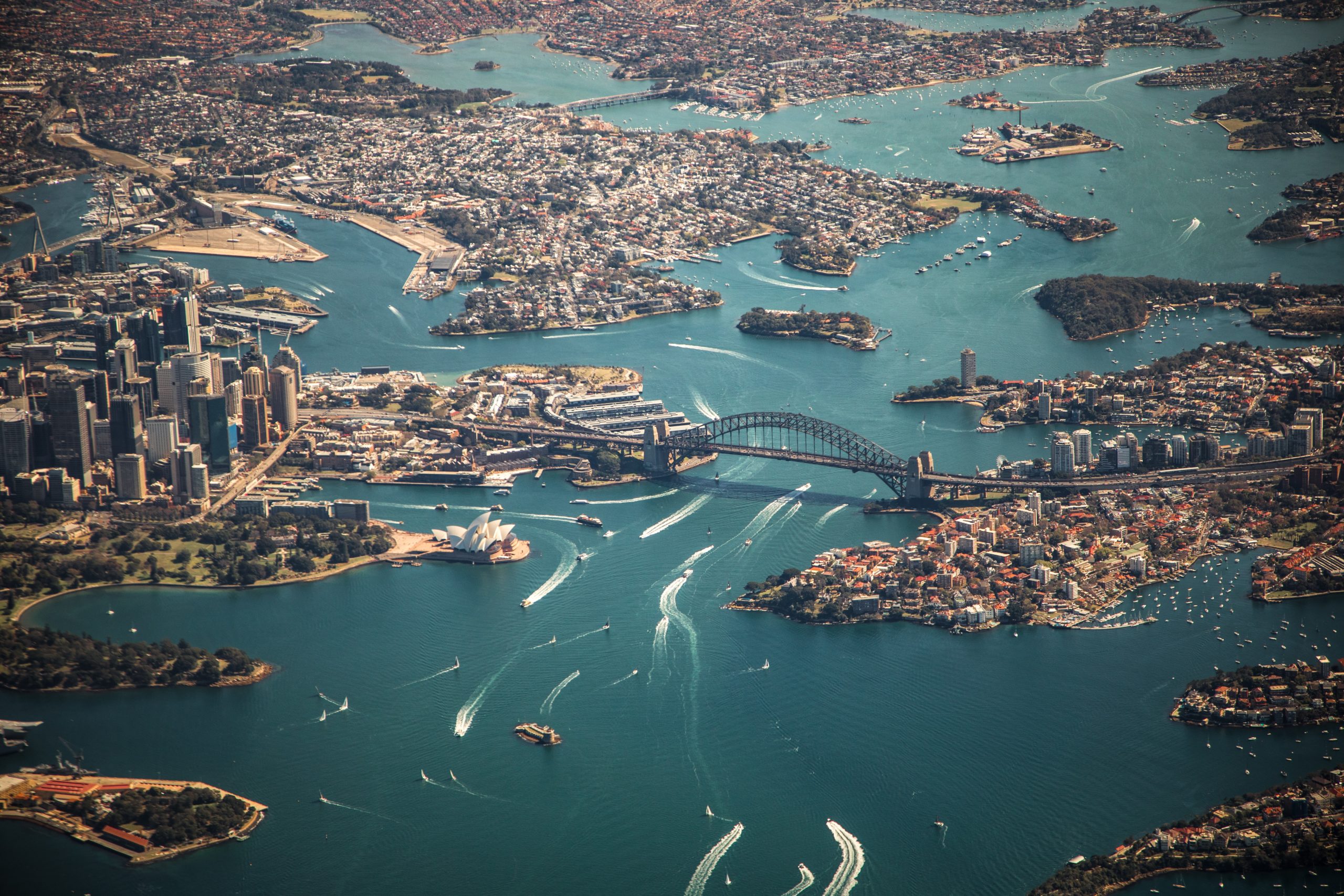MEDIA RELEASE | Australia Looks to Sustainable Zero Carbon Emissions for Major Works
16 October 2019
THE FUTURE IS HERE AS AUSTRALIA LOOKS TO SUSTAINABLE NET ZERO CARBON EMISSIONS FOR MAJOR INFRASTRUCTURE PROJECTS – SYDNEY METRO NORTHWEST LEADING THE WAY.
Australia is currently driving world leading outcomes and impacts throughout the infrastructure development lifecycle to ensure sustainability is successfully delivered on major projects such as the Sydney Metro North West Project and Canberra Metro. Both projects effectively utilise renewable energy sources and deliver reduced carbon emissions.
The Infrastructure Sustainability Council of Australia (ISCA) has been working with Climate Works Australia and the Australian Sustainable Built Environment Council (ASBEC) on a discussion paper, which is set to be released in November – “Reshaping infrastructure for a zero emissions future”.
All of Australia’s states and territories have set commitments or aspirations to achieve net zero carbon emissions by 2050, with many other countries and businesses now setting their ambitions for 2030.
At #ISCAConnect, the Infrastructure Sustainability Conference held in Melbourne this week, ISCA CEO Ainsley Simpson highlighted that ISCA now has 220 registered projects worth $160 billion (capital value) engaging in its Infrastructure Sustainability (IS) Rating Scheme.
So far, completed projects that have achieved the IS As Built Rating (certified construction phase) have avoided a total of 2.2 million tonnes of CO2 emissions and achieved a reduction of 29 per cent in materials used. The IS Rating Scheme has also recorded five world firsts and 23 national firsts in sustainability innovations on infrastructure projects in Australia and New Zealand.
“Infrastructure is an enabler and all infrastructure should deliver cultural, social, environmental and economic benefits,” said Ms Simpson.
“Designing, building and operating infrastructure sustainably is becoming an expected way of doing business. This journey is challenging, but worthwhile and it has given us a solid foundation on which to build into the future. We must also recognise this phase for what it is – it is only just the beginning.”
According to the Reshaping Infrastructure report, around 70 per cent of Australia’s total annual emissions are associated with infrastructure. About 15 per cent are directly contributed through the way we construct and operate these assets, with an additional 55 per cent from the actual the use of infrastructure and the patterns of behaviour it reinforces, such as the cars and truck driving on roads.
“It’s no longer just a question of building and operating sustainable infrastructure but building infrastructure that enables more sustainable lifestyles and economies,” said Ms Simpson.
“Additionally, infrastructure will need to be resilient accounting for the physical impacts of climate change and adapting to future shifts in population, our economy and from technology.”
Significantly, the $8.3 billion Sydney Metro Northwest rail line has already embraced these challenges. The project is the first stage of the Sydney Metro development program, Australia’s biggest public transport infrastructure development. By 2024, Sydney will have 31 metro stations and more than 66km of new metro rail, revolutionising the way Australia’s biggest city travels.
Sydney Metro NW, along with the Canberra Metro light rail, are pioneers in the Australian transportation and infrastructure sectors with both government agencies purchasing 100 per cent renewable energy to offset the operational electricity consumption.
Sydney Metro Northwest will be acknowledged at the ISCA Infrastructure Sustainability Awards on Thursday night as the first project to receive a sustainability certification from ISCA in recognition of their commitment and progress throughout the planning, design and construction phases, for the completed program of works.
“From day one in 2011, delivering a sustainable new railway for Australia’s biggest city has been at the heart of Sydney Metro,” said Sydney Metro Chief Executive, Jon Lamonte. Through careful planning we have made – and are still making – choices that set new benchmarks for the delivery of sustainable infrastructure. The journey in delivering Sydney Metro has been rigorously planned, reviewed and adjusted to get the best outcomes for our customers and our communities.”
All of the greenhouse gas emissions generated from electricity used to run North West Metro are offset via an innovative Power Purchase Agreement and the development of a new 95megawatt solar farm in regional NSW.
ISCA’s Technical Lead for Sydney Metro Northwest, Kirsty Bauer, said the asset’s operational electricity consumption has been fully offset by the development of the Beryl solar farm, so in effect the operational electricity for the rail line is 100 per cent renewable.
“Sustainability has formed an integral part of Sydney Metro’s vision from the outset. This has been demonstrated in our commitment to measuring these important outcomes. In addition to achieving the first IS As Built Program Rating, and achieving the highest performance level of Leading, each of the packages of work under the program has also achieved Leading outcomes,” she said.
In her address to the Annual Infrastructure Sustainability Conference this week, Ms Simpson highlighted that while some positive progress had been made to drive a more sustainable culture within the infrastructure industry, it is not fast or ambitious enough to achieve the outcomes as laid out in the Paris Agreement and UN Sustainable Development Goals 2030 Agenda.
“In the latest Infrastructure Australia Audit there was a call to action to evolve the way we plan for infrastructure – one that is ambitious in its vision, embracing of uncertainty and agile in the way it adapts to a changing landscape,” she said.
“Already we are starting to see that this is indeed possible through the leadership of public delivery agencies, investors and private asset owners.”
“Sustainability is no longer a fringe concept, rather it permeates everything – it’s the vision, it’s the business case, the risk, the opportunity, the enabler and the value generated. We will continue to collaborate with industry to accelerate the realisation of sustainable outcomes in infrastructure across Australia and New Zealand.”

